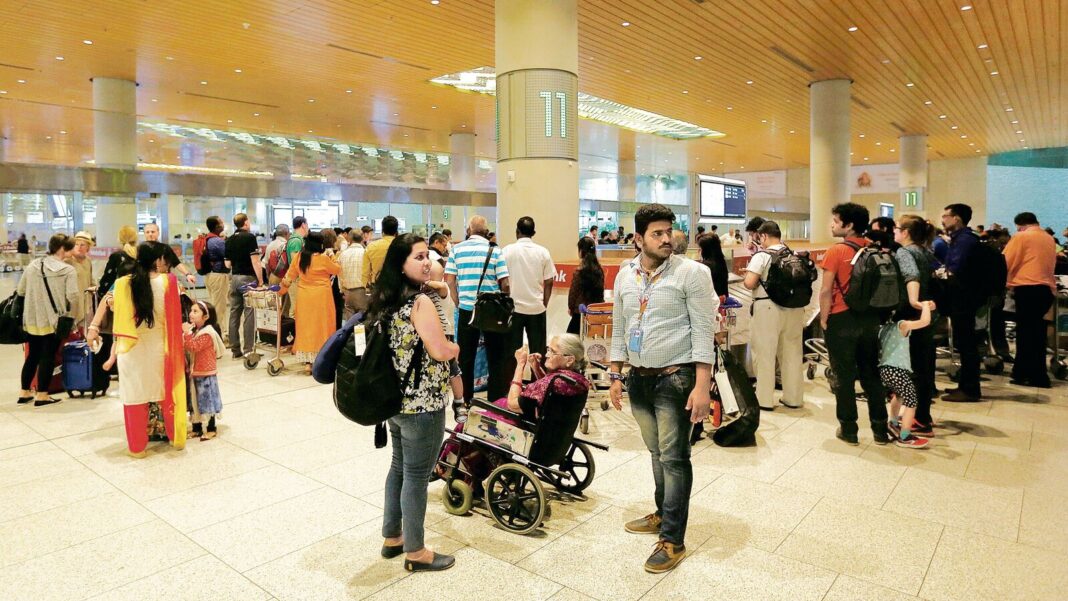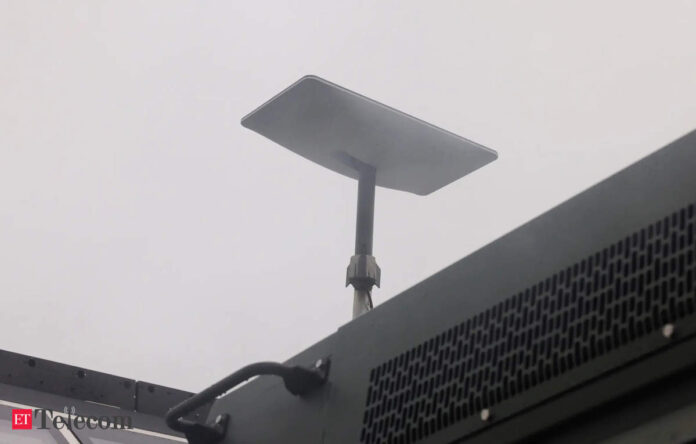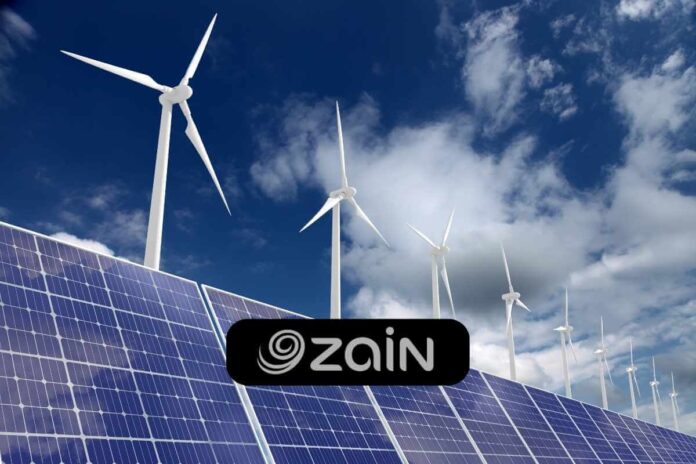In Short:
The Supreme Court confirmed that the Airports Economic Regulatory Authority (AERA) can appeal a ruling by TDSAT, which stated AERA cannot regulate fees for non-aeronautical services at major airports. This could impact costs for passengers. AERA argues its role is to ensure fair pricing. The case will be heard further, potentially reshaping airport service regulations and contracts.
The Supreme Court made a significant announcement on Friday, declaring that the appeal from the Airports Economic Regulatory Authority (AERA) against a ruling from the Telecom Disputes Settlement and Appellate Tribunal (TDSAT) is indeed maintainable. This TDSAT decision previously stated that AERA does not have the authority to regulate tariffs for non-aeronautical services, such as cargo and ground handling, at major airports including Delhi and Mumbai. While this ruling poses a challenge for airport operators, it’s certainly welcomed news for travelers.
The Court’s Decision
During the proceedings, a three-judge bench led by Chief Justice DY Chandrachud stated that this matter will now advance to a full hearing before a final verdict is rendered. “The appeals filed by AERA are recognized as maintainable, and the court has now scheduled the case for merits-based hearing,” Chief Justice Chandrachud announced.
What This Means for You
According to previous reports by Mint, the outcome of this case could substantially affect the fees that passengers are charged for various airport facilities and travel-related services.
AERA’s appeal challenges a ruling from January 2023 by TDSAT, which clarified that non-aeronautical services fall outside AERA’s jurisdiction, regardless of whether these services are offered by the airport operator or external contractors. This response was initiated after requests from major airport operators, including Delhi International Airport Ltd (DIAL) and Mumbai International Airport Ltd (MIAL).
In its arguments before the Supreme Court, AERA emphasized its responsibility under the Airports Economic Regulatory Authority of India Act, 2008 to maintain fair competition and safeguard public interests, especially concerning passenger tariffs. AERA highlighted its vital role in creating an equitable environment that encourages healthy competition and investment, indicating, “Our mission is to advocate for every passenger—the public.”
Experts warned that should the ruling not favor AERA, it might lose its ability to oversee essential services such as ground handling and cargo at airports. The lack of AERA’s oversight could potentially lead to price hikes by operators, and guess who would bear the brunt? That’s right—passengers would find themselves facing increased costs for airport services.
On a brighter note, a ruling in favor of AERA could greatly expand its regulatory powers, possibly setting a legal precedent for other sector regulators aiming to enhance their authority.
Moreover, if the decision supports AERA, it may trigger necessary revisions to existing contracts binding airport operators and service providers. This shift could reduce the pricing autonomy of service providers, while airport operators like DIAL and MIAL might need to realign their business models to comply with AERA’s tariff stipulations. Contracts executed before 2008 would see a significant transformation in light of AERA’s regulatory framework.
A Closer Look at TDSAT’s Order
In its agreement with the government, DIAL and its concessionaires have the authority to set prices for non-aeronautical services, which encompass activities that aren’t directly tied to flight operations.
This includes a variety of offerings such as retail stores, dining establishments, advertising, real estate developments, parking solutions, and rental services.
However, back in 2021, AERA categorized ground handling and cargo handling services as non-aeronautical when provided directly by DIAL, but deemed them aeronautical when offered through contractors. DIAL took this issue to TDSAT, which ruled on January 13, 2023, that both cargo and ground handling services should be considered non-aeronautical, regardless of the provider.
TDSAT concluded that AERA doesn’t have jurisdiction over these tariffs and confirmed that MIAL retains the right to determine its charges. Although AERA contended that its authority under the AERA Act of 2008 gives it the power to regulate these services as aeronautical, TDSAT clarified that the AERA Act acknowledges existing agreements, hence, both services remain non-aeronautical.
It’s also noteworthy that the Airports Economic Regulatory Authority Appellate Tribunal was merged with TDSAT in 2017, further shaping the landscape of this ongoing regulatory discussion.





